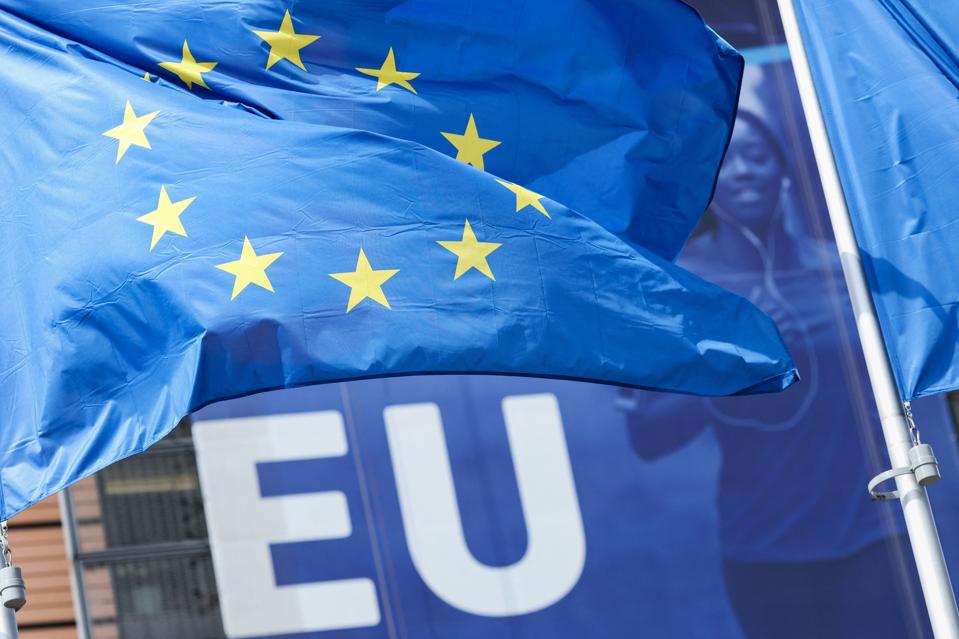EU Watchdog Probes Commission Over Bypassing Consultation on Eased Sustainability Rules

- The European Ombudsman has launched a formal inquiry into the European Commission’s decision to ease sustainability laws without public consultation.
- Civil society groups allege the Commission consulted only industry lobbyists in private, raising transparency and governance concerns.
- The investigation could delay or reshape the EU’s proposed regulatory relief for thousands of businesses.
The European Union’s Ombudswoman has opened an inquiry into the European Commission’s recent proposal to relax corporate sustainability rules—following accusations that the process lacked transparency and excluded public consultation.
In February, the Commission unveiled its “simplification omnibus” plan to scale back sustainability obligations for companies. The proposal would exempt thousands of smaller businesses from reporting requirements and reduce due diligence responsibilities for large firms on environmental and human rights issues across their supply chains.
“The decision to open an inquiry follows a complaint by eight civil society organisations who argue that the Commission breached its better regulation guidelines by failing to justify why it did not carry out a public consultation or impact assessment on the draft legislation,” Ombudswoman Teresa Anjinho stated.

The watchdog has requested clarification from the Commission on several points, including why no public consultation was conducted and which companies or stakeholders were consulted behind closed doors. Complainants argue that industry lobbyists were granted exclusive access to influence the draft.
RELATED ARTICLE: EU Commission Publishes FAQ on Implementing New Corporate Sustainability Reporting Rules
A European Commission spokesperson did not immediately respond to a request for comment.
The Commission has argued that the changes were prompted by pressure from European industries, which claim that complex EU sustainability rules hamper their competitiveness—especially compared to companies in China and the United States, where regulations are being rolled back under former President Donald Trump’s influence.
Anjinho, who succeeded Emily O’Reilly as Ombudswoman earlier this year, emphasized the importance of transparency and accountability in shaping EU legislation.
The outcome of this inquiry could impact the future of EU sustainability policy, signaling whether regulatory processes will be driven by broad stakeholder engagement or dominated by select industry voices.
Follow ESG News on LinkedIn








